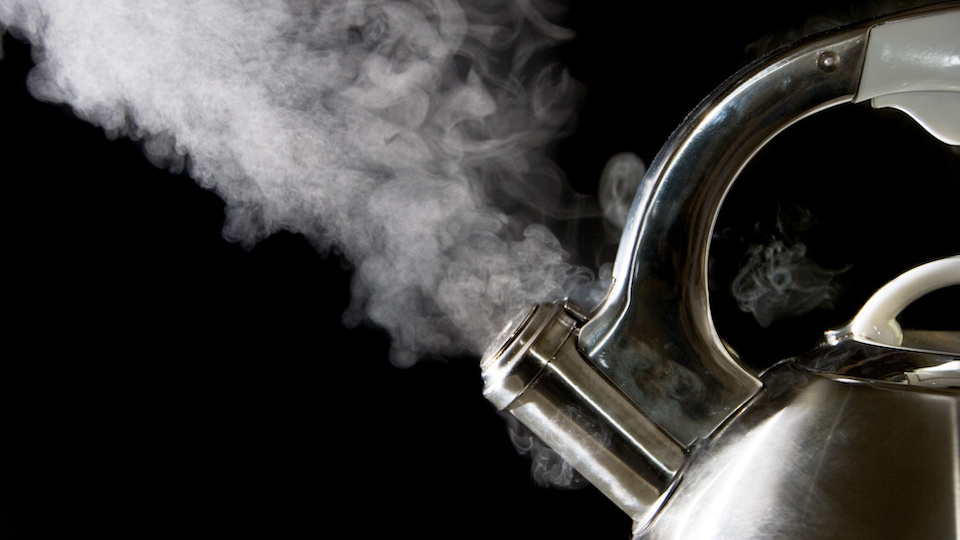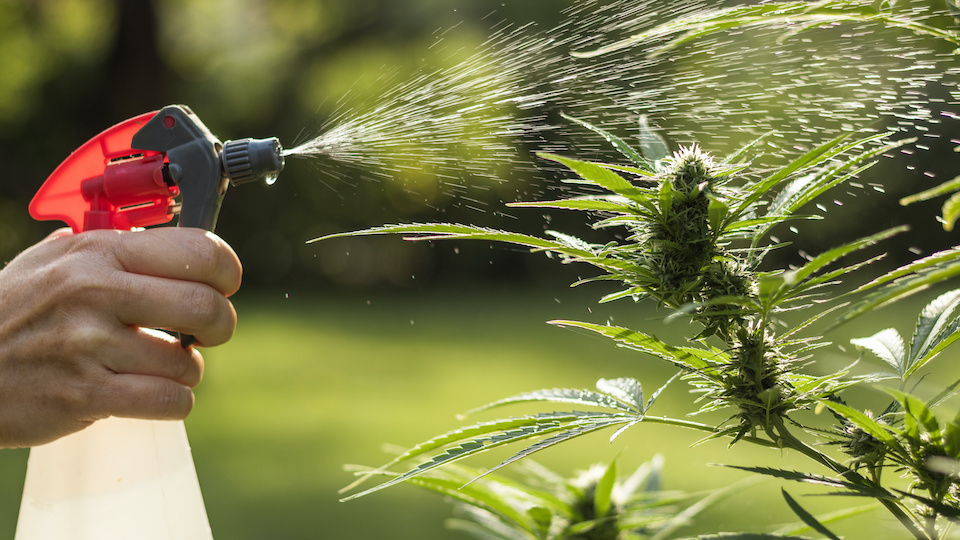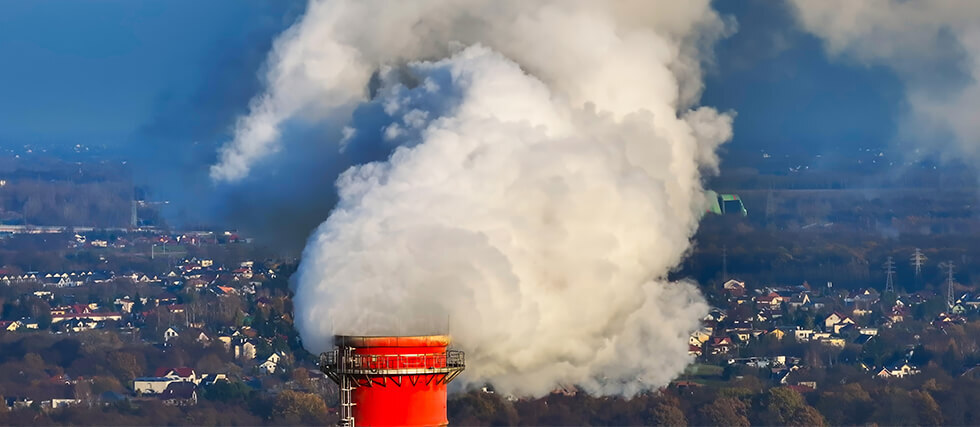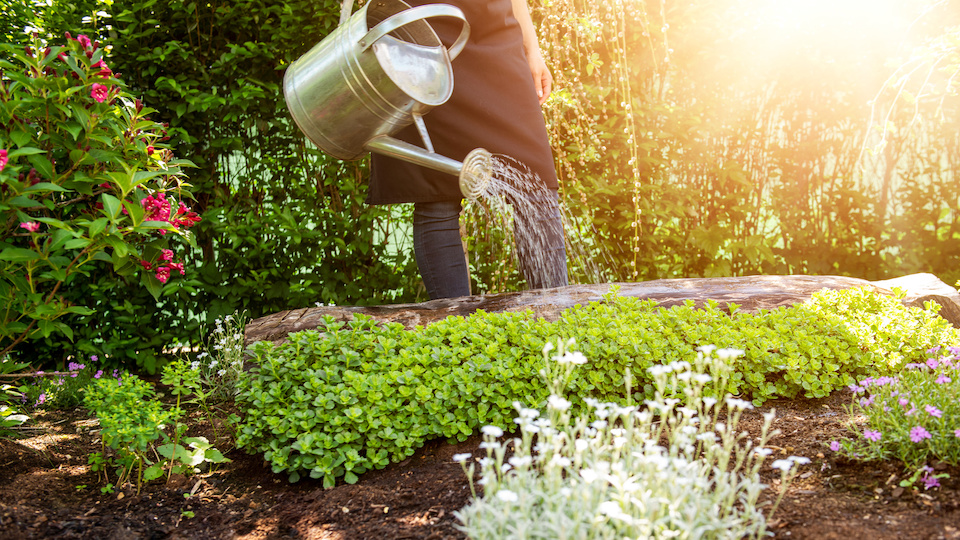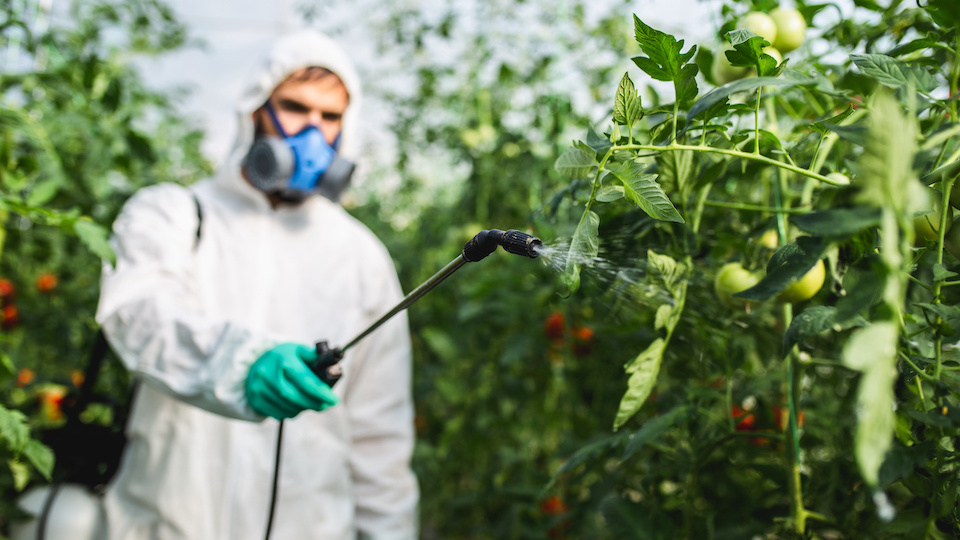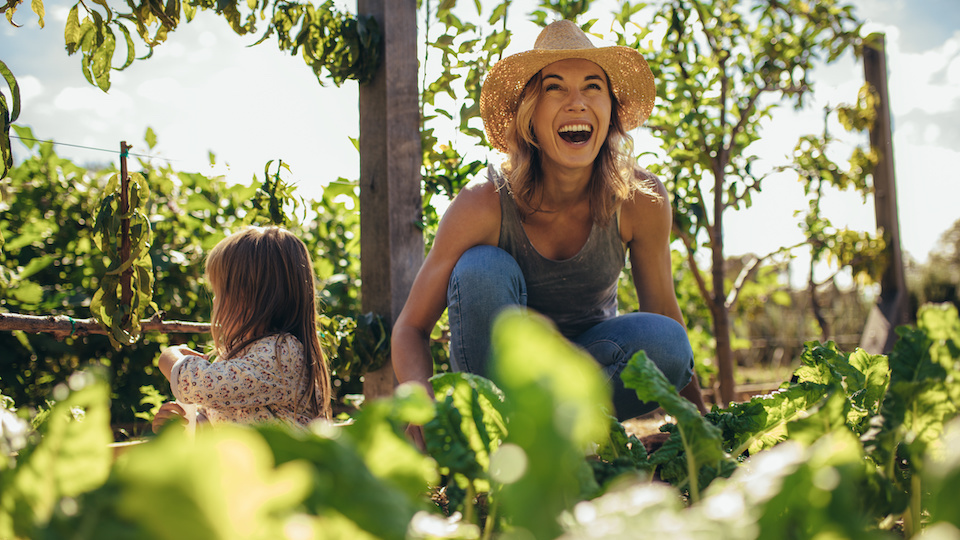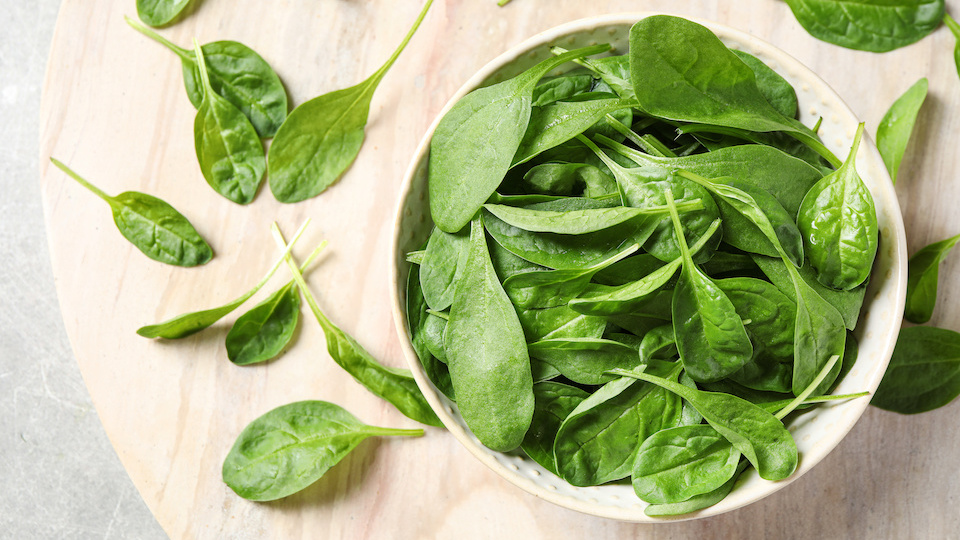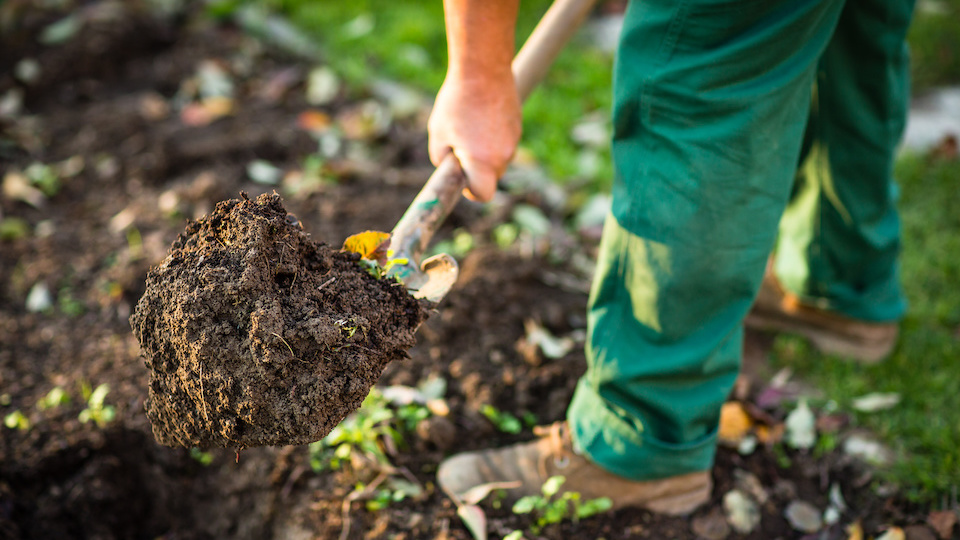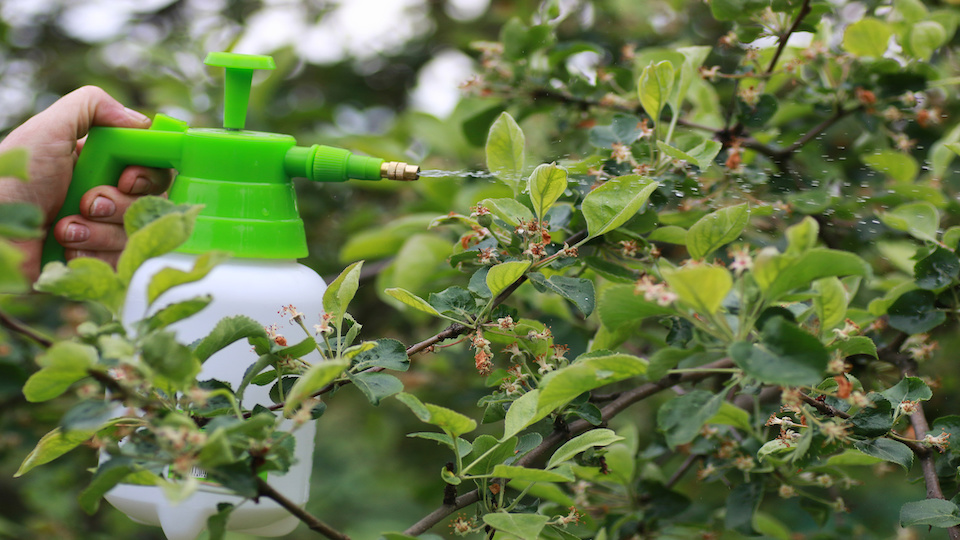We’ve long known that bees are in trouble. But now, scientists may have uncovered a surprising new culprit behind their decline: air pollution is damaging their gut health.
Researchers at the University of Leicester have found that black carbon—a type of particulate pollution produced by fossil fuels—disrupts the delicate microbial community inside bumble bees’ guts. Just like humans, bees rely on a healthy gut microbiome for immune function, digestion, and overall vitality. And when that balance is thrown off? It can weaken their entire system.
At the heart of this study is a beneficial gut bacterium called Snodgrassella alvi, which forms protective biofilms in the bee’s intestines—think of it like a good bacterial “plaque” that guards their gut lining. But when exposed to black carbon, this bacteria’s behavior and structure changed. In lab tests, the biofilm formation was weakened. In live bees, gut samples showed significant declines in the abundance of these beneficial microbes after pollution exposure.
This discovery adds a new layer to the already long list of stressors facing bee populations—alongside habitat loss, pesticides, and disease. According to lead author Dr. Hannah Sampson, this new data highlights air pollution as “an underexplored risk” that could be quietly destroying pollinator health by disrupting their internal microbial balance.
Why does this matter? Because bees aren’t just honey-makers—they’re essential for pollinating crops and maintaining biodiversity. Their survival directly impacts food security and ecosystem health.
As Professor Julie Morrissey points out, this research doesn’t just apply to bees. If air pollution is disrupting microbial health in insects, it raises big questions about how it’s affecting us, too.
What we pump into the air doesn’t stay there. It may be damaging the smallest creatures in the biggest ways.


